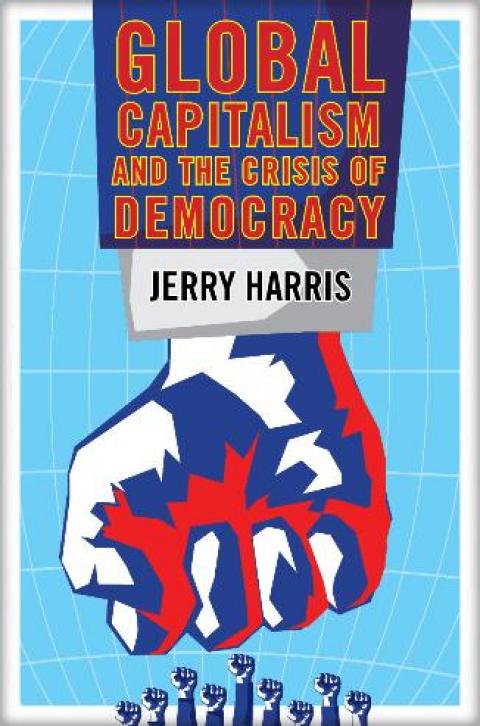Socrates of Amazonia
Open Letters Monthly

The "great majority of people deemed philosophers in history," writes Justin E. H. Smith in this new book, "have not had PhDs, have not belonged to a professional philosophical organization, and have not carried out their careers in ‘departments.’” Smith teases out the significance of that observation, as he seeks to help us rethink what philosophy is and what it means to "philosophize." Robert Minto assesses Smith's effort.









Spread the word